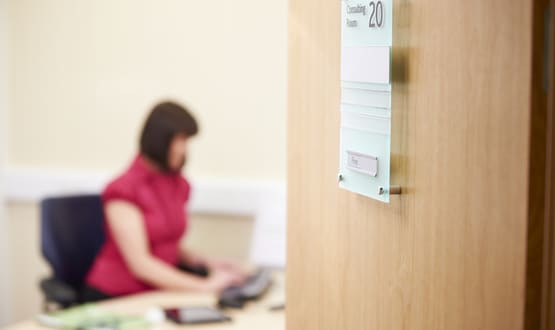App round-up

Impact and evidence:
AHA: evidence for mobile health benefits limited
There is “limited” evidence for the effectiveness of mobile health technologies to reduce risk factors for heart disease, according to the American Heart Association. In a scientific statement in its journal Circulation, the US charity said that smartphone apps and wearable devices “have the potential to help people make healthier lifestyle choices” but their use in areas such as managing weight, increasing physical activity and quitting smoking had yet to be fully assessed in peer-reviewed studies. It added that most mobile health studies have been “short-term and limited in size”. However, Dr Lora Burke, lead author of the statement, advises that if someone is using mobile technology to improve behaviour, they should stick with it.
RCGP accreditation for UpToDate app
The Royal College of General Practitioners has accredited Wolters Kluwer’s UpToDate app as a resource to provide clinical decision support. It means that RCGP members can use the educational activities in the tool to support their continuing professional development. UpToDate, which is also available on a web browser, contains over 10,500 clinical topics and more than 9,600 graded recommendations.
Launches:
South Devon launches trauma app
South Devon Healthcare NHS Foundation Trust has launched a smartphone app that allows clinicians to quickly reference information from the Primary Trauma Care manual. Doctors and medical students at South Devon’s Torbay Hospital developed the Primary Trauma Care App, which contains content from the manual written by Primary Trauma Care Foundation on how to manage all aspects of treating a severely injured patient. The app is available for both Android and Apple devices and costs £2.29. All proceeds will go towards its ongoing development.
Latest ideas:
App alert for people with Parkinson’s
Researchers at Tel Aviv University have completed an EU-funded pilot study of a new smartphone app that warns people with Parkinson’s disease if they are likely to experience ‘freezing of gait’, a brief episode of an inability to step forward. The CuPID tool makes use of wearable sensor on a patients’ shoes that can detect if someone has an irregular gait. The app then sends an audio message to alert the patient so they can avoid any dangerous situations. The researchers say the results are “promising” and a larger scale follow-up study is under consideration.
SkinVision partners with Leo Pharma on mole app
SkinVision has agreed a deal with dermatology specialist Leo Pharma to expand the reach of its app technology to assess the risk of moles. Leo Pharma will invest an undisclosed amount of money in the tech company, which is behind a CE certified app that uses a smartphone’s own camera to analyse and identify potential abnormal growths on the skin. Leo Pharma’s investment will enable SkinVision to develop uses of the technology in other skin disease areas using its database of more than one million images of skin conditions.




